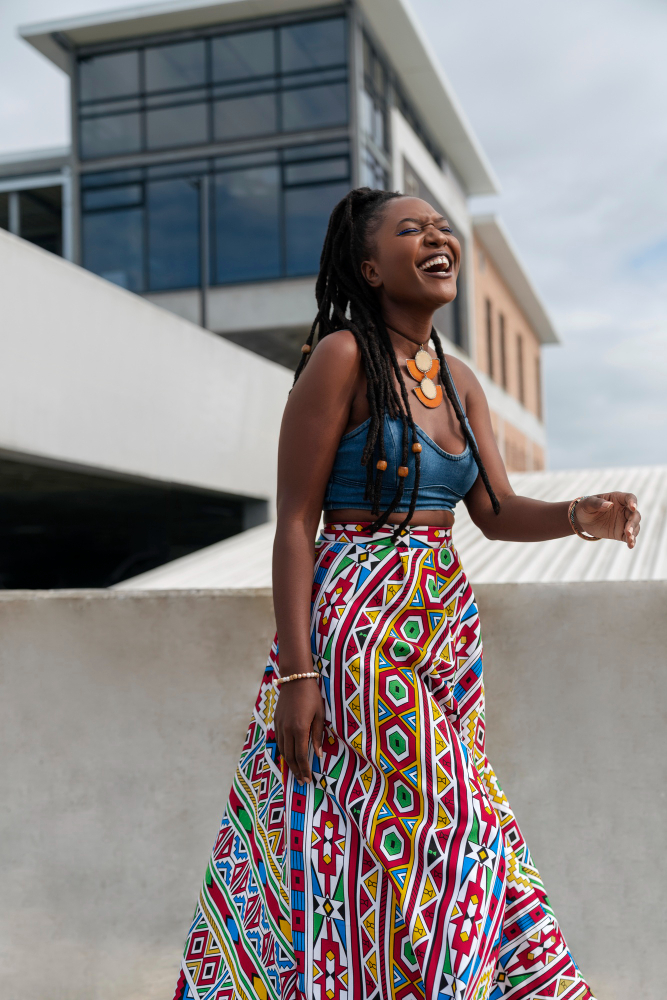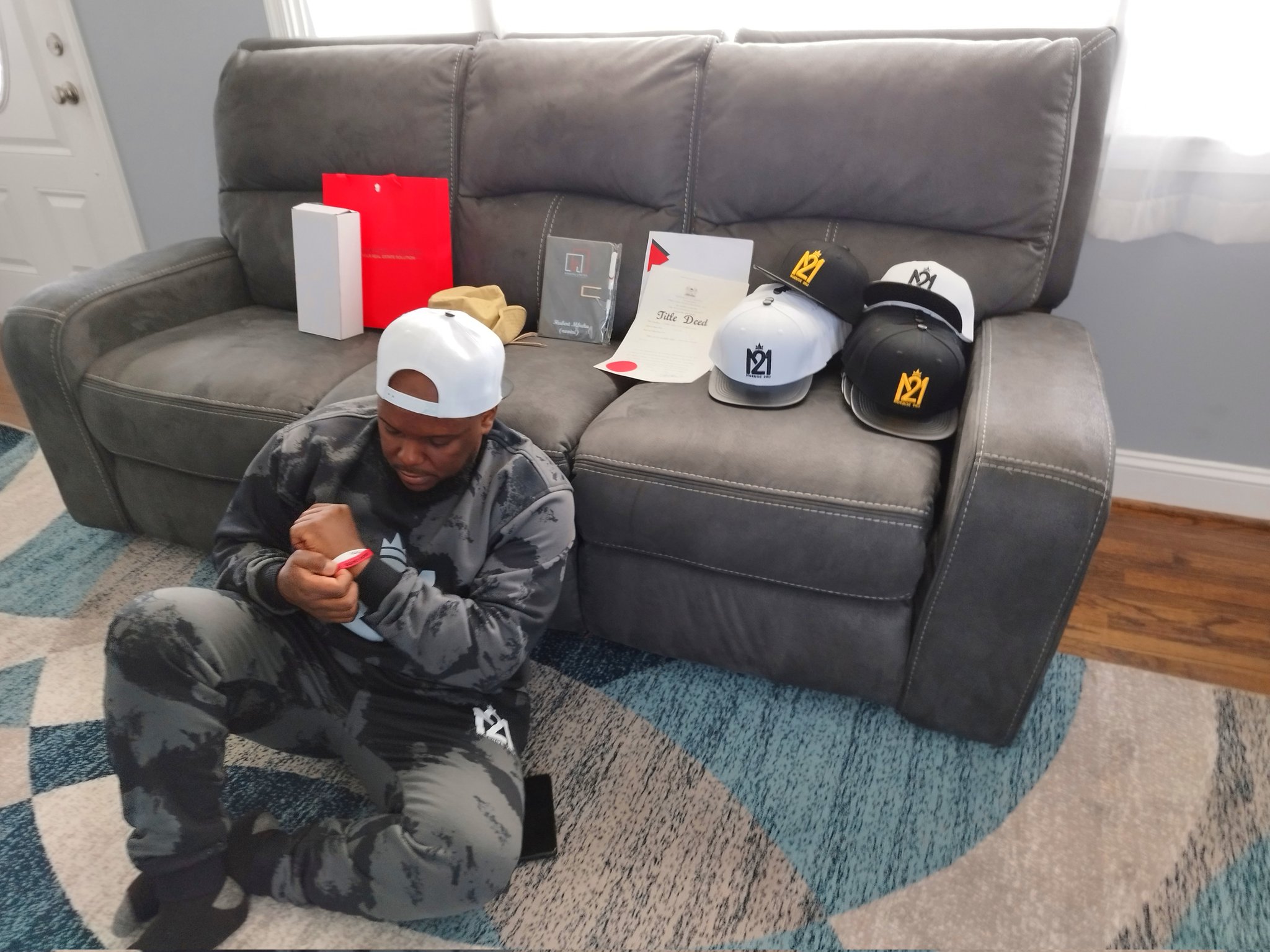In recent years, Kenya has emerged as a vibrant hub of fashion, blending traditional African influences with contemporary styles. The East African nation boasts a rich cultural tapestry that reflects in its diverse and dynamic fashion scene. This article delves into the captivating fashion trends that have been making waves in Kenya, showcasing the unique blend of heritage and modernity that defines the country’s sartorial landscape.
Celebration of Traditional African Prints:
One of the defining features of Kenyan fashion is the celebration of traditional African prints. From Ankara to Kente, these bold and vibrant patterns are a testament to the rich cultural heritage of the region. Kenyan designers have skillfully incorporated these prints into modern silhouettes, creating a fusion of traditional and contemporary styles that resonates with both local and international audiences.
Designers like Adele Dejak and Katungulu Mwendwa have gained acclaim for their ability to infuse traditional African fabrics into chic, sophisticated designs. This trend not only pays homage to the roots of Kenyan culture but also serves as a powerful form of self-expression for those who wear these unique pieces.
Sustainable and Ethical Fashion:
In line with global movements towards sustainability and ethical practices, Kenya’s fashion industry has embraced eco-friendly initiatives. From using locally-sourced materials to promoting fair labor practices, Kenyan designers are at the forefront of the sustainable fashion revolution. Brands like Suave Kenya and Lalesso have been championing ethical fashion, emphasizing the importance of preserving the environment and supporting local communities.
The Maasai Market, a popular open-air market in Nairobi, showcases handmade jewelry, accessories, and clothing created by local artisans. These unique pieces not only tell a story of craftsmanship but also contribute to sustainable and ethical fashion practices, fostering a sense of pride among both creators and consumers.
Afrocentric Streetwear:
Kenya’s youth culture has played a pivotal role in shaping the country’s fashion landscape, giving rise to the popularity of Afrocentric streetwear. This trend blends traditional African elements with urban influences, creating a style that is both bold and contemporary. Designers like Wambui Mukenyi and 2manysiblings have successfully tapped into the streetwear scene, offering a fresh perspective on African fashion.
Bright colors, oversized silhouettes, and graphic prints inspired by African symbols are key features of Afrocentric streetwear. This style not only reflects a sense of pride in African heritage but also serves as a form of cultural expression for the younger generation.
Modern Interpretation of Traditional Attire:
While traditional African attire holds a special place in Kenyan culture, contemporary designers are giving it a modern twist. The integration of traditional elements into everyday wear has become a popular trend, allowing individuals to connect with their roots while embracing a modern lifestyle.
Designers like KikoRomeo and John Kaveke have redefined traditional attire by incorporating contemporary cuts, fabrics, and styling. This modern interpretation ensures that traditional clothing remains relevant and accessible to a wide audience, transcending cultural boundaries.
Conclusion:
Kenya’s fashion landscape is a captivating blend of tradition and modernity, with designers skillfully navigating the delicate balance between heritage and innovation. The celebration of traditional African prints, the embrace of sustainable and ethical practices, the rise of Afrocentric streetwear, and the modern interpretation of traditional attire all contribute to the dynamic and diverse fashion scene in Kenya. As the world continues to embrace and appreciate African elegance, Kenya stands proudly at the forefront of this sartorial renaissance, showcasing the beauty of its culture through the artistry of fashion.



